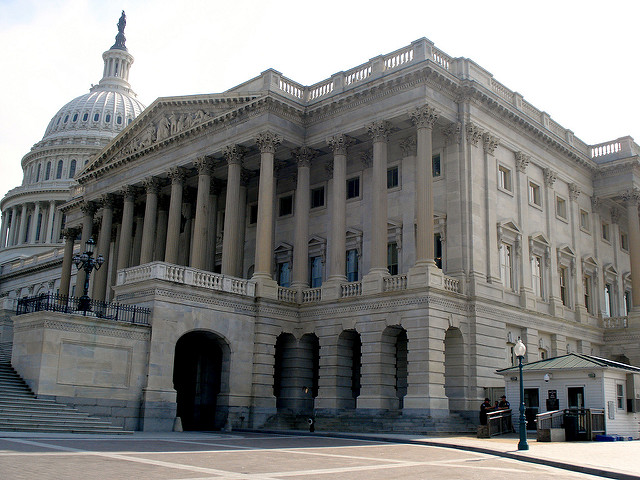
Members of the Senate Committee on Health, Education, Labor and Pensions will tomorrow consider S. 934, the FDA Reauthorization Act, legislation related to the FDA’s user fees over drugs and medical devices.
During consideration of this legislation, it is expected that socialist Senator Bernie Sanders (I-Vt.) will introduce multiple amendments calling for the importation of price-controlled prescription medicines. This is bad policy and should be rejected by all Senators on the HELP Committee.
Importation schemes are NOT the solution to lower prices and will NOT result in a more efficient healthcare system. Importation of prescription medicines instead forces the U.S. to adopt market-distorting price controls from other countries, which would disrupt U.S. innovation of life- saving and life-preserving medicines.
Importation should not be confused with free trade and these proposals also open the door to deadly medicines flooding the market.
All Senators on the HELP Committee should reject importation proposals.
Allowing the Importation of Prescription Medicines Is Not a Free Market Solution: Free trade means transparent prices with no tariffs, barriers, or price controls. Drug importation is the opposite of free trade.
Almost every country in the world has excessive price controls that hinder medical innovation and limit access. Foreign prices are often determined by politicians offering voters seemingly “cheap medicines.” In reality, price controls lead to shortages and rationing. Government price setting would do the same in the U.S. whether imposed directly or indirectly through importation.
Importation Would Threaten the U.S. Role as a Leader of Medical Innovation: The U.S. is a leader in medical development with more than half of pharmaceutical / biotech research being conducted in this country. This research supports numerous high paying jobs, leading to a stronger economy. Conversely, creating barriers to innovation will threaten these jobs and hurt the economy.
Currently, it costs more than $2.6 billion and takes 10- 12 years to develop a drug, conduct clinical trials, and obtain Food and Drug Administration (FDA) approval for each drug that makes it onto the market. In contrast, almost every country in the world has excessive price controls that hinder medical innovation. In these countries, prices are often determined by politicians offering voters seemingly cheap medicines. In reality, the world rides on U.S. research and taxpayers.
Importation Schemes Are Also Potentially Dangerous to Consumers: The FDA has stated there is no way to assure the safety, authenticity, or effectiveness of imported drugs, or whether the drugs are from the country the packaging claims it to be. Even attempting to construct such a system would be incredibly costly to taxpayers. In addition to drugs being adulterated, they could be deadly. The FDA has long expressed concern with the importation of medicines for these very reasons.

